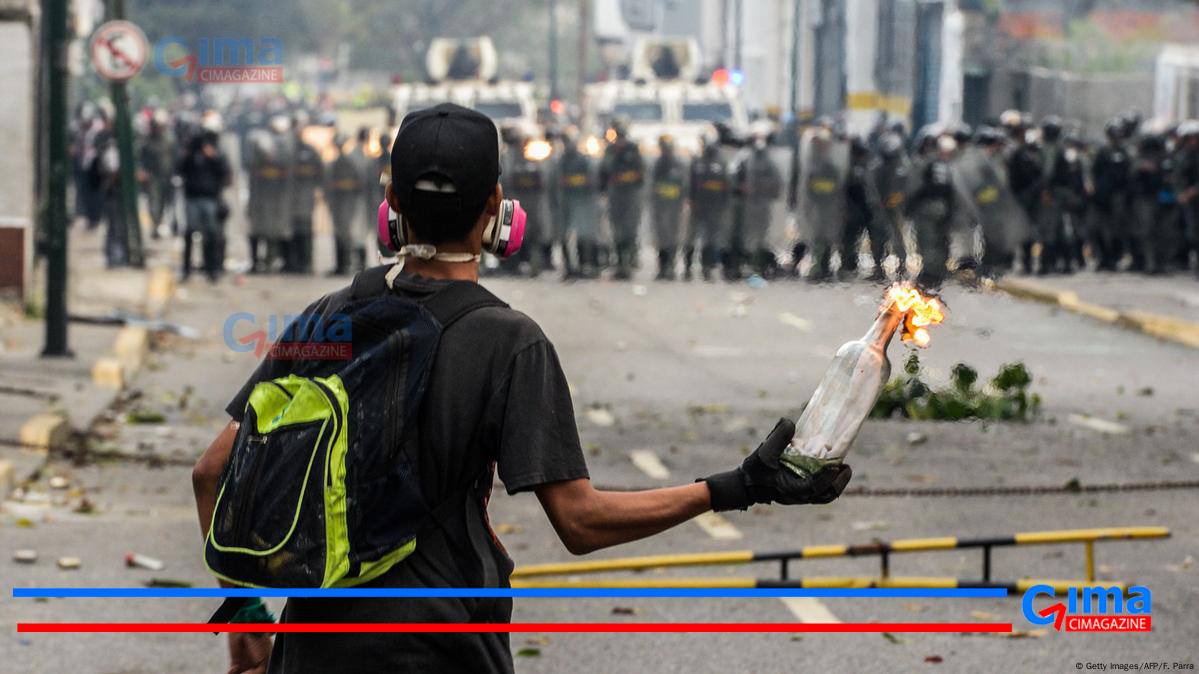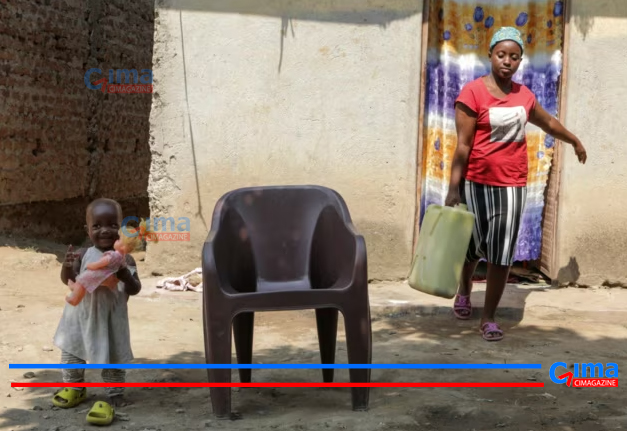During an interview with several female soldiers on Tuesday, September 17, on sexual and reproductive health, a complex picture emerged. While female soldiers express immense pride in belonging to the army, they also highlight the many challenges they face on a daily basis.
DRC: focus on some challenges of women in uniform


To preserve their anonymity, the names of the people who confided in us are assumed names.
Micheline Musadi, a military nurse, describes the difficulties encountered in accessing reliable contraceptive care: “ As a female soldier, obtaining contraceptives is an obstacle course. Military health centers are often overcrowded and poorly equipped. It is difficult to obtain reliable contraceptives or to benefit from regular gynecological follow-up. These difficulties have a direct impact on our reproductive health and limit our life choices .”
Anne Marie, for her part, speaks of a climate of sexual harassment which undermines the daily lives of many women in uniform and which can have significant repercussions on their mental health and well-being.
“I joined the military with the hope of serving my country. Unfortunately, I quickly encountered inappropriate behavior from some of my male colleagues. Degrading remarks, unwanted advances, and sexual harassment are commonplace. I am afraid to report these acts for fear of reprisals and having my career compromised ,” she confides.
For her part, Armelle, as a mother and soldier, highlights the difficulties of reconciling professional and family life.
“Being a mother and a soldier is a real challenge. The frequent missions, irregular hours and working conditions make it almost impossible to reconcile my professional life with my family life. I often feel guilty about not being there enough for my children ,” she laments.
Another soldier deplores the lack of awareness of their rights.
" I have the same skills and commitment as my male colleagues, but I do not have the same opportunities for promotion. Positions of responsibility are often reserved for men. In addition, female soldiers are often relegated to menial tasks. I dream of an army where women are fully integrated and recognized at their true value ."
Sexual violence continues to be commonplace within the army:
" I was the victim of physical and psychological violence from my ex-partner, who was also a soldier. Despite the ongoing proceedings, I feel isolated and I fear for my safety. I have the impression that the army is not protecting me enough ."
The testimonies collected highlight difficulties related to access to sexual and reproductive health care. Irregular hours, missions in remote areas and lack of awareness of rights in this area are all obstacles.
There are still many challenges to be addressed, including:
- Limited access to care: these women deplore the difficulty of accessing health services adapted to their specific needs, particularly in terms of contraception, prevention of sexually transmitted infections and gynecological monitoring.
- the lack of suitable structures: military health infrastructures are not always equipped to meet the specific needs of women, particularly in terms of pregnancy and childbirth monitoring.
Despite these difficulties, Congolese women soldiers: (i) want their rights to be better recognised and for concrete measures to be implemented to improve their living and working conditions.
(ii) they are calling for greater awareness of sexual and reproductive health issues, both among their colleagues and the military authorities.
(iii) they want easier and free access to sexual and reproductive health care, including in mission areas.
(iv) they aspire to greater equality of opportunity within the army, including better representation in positions of responsibility.








